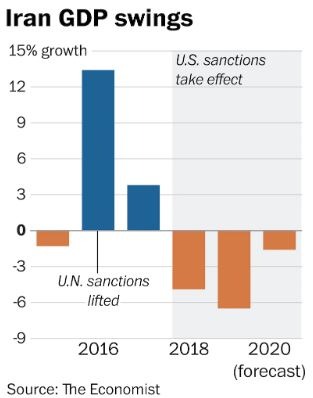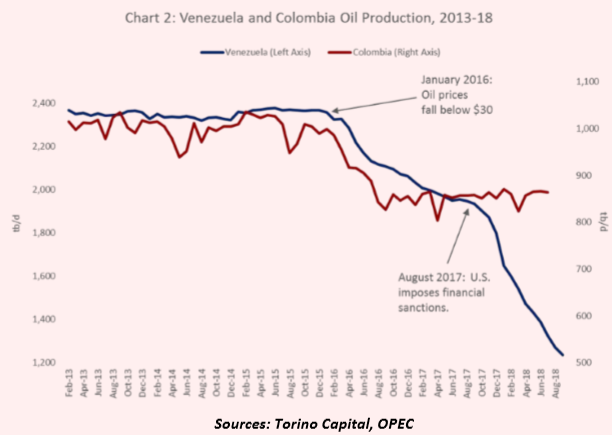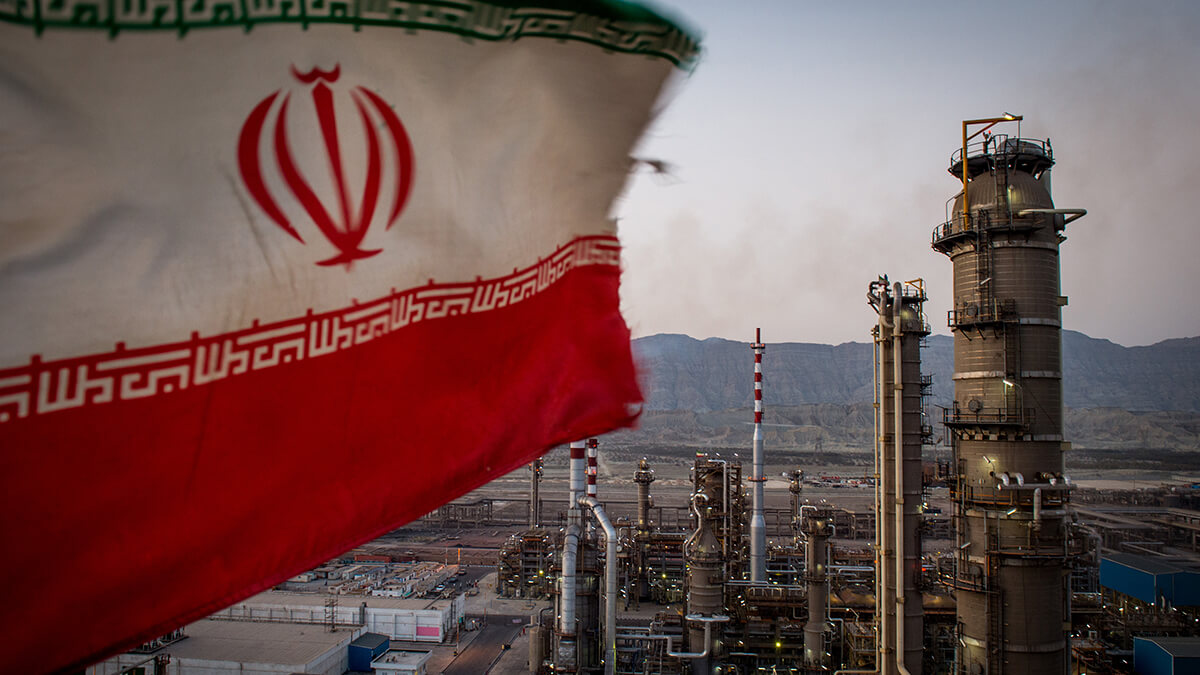On Sunday, Iranian Foreign Minister Mohammad Javad Zarif sent a letter to United Nations chief Antonio Guterres, warning against “America’s movements in deploying its navy to the Caribbean in order to intervene and create disruption in [the] transfer of Iran’s fuel to Venezuela”. According to reports from Iran, four US navy warships are in the Caribbean, possibly to stoke a confrontation with Iranian vessels.
Zarif’s deputy also summoned the Swiss ambassador to Tehran, who represents American interests in the country, and warned against any possible retaliatory action by Washington over its plans to disrupt Iranian fuel shipments to Venezuela. On Thursday, a senior official from US President Donald Trump’s administration told Reuters that the country was considering the measures it could take in response to Tehran’s shipment of fuel to the crisis-stricken nation, but did not divulge any details of the same.


Since the oil sectors of OPEC members Iran and Venezuela are both under sanctions by the US, the South American country has nothing to lose from accepting Iranian oil. In fact, the voyage of the Iranian tankers came after Venezuelan President Nicolas Maduro turned to Tehran to help restore the country’s crippling petroleum infrastructure and crude oil production shortage amid the larger economic and political chaos gripping the Latin American state.
For Iran, this oil shipment, worth nearly $45.5 million, also represents a way to bring capital into its dwindling economy and put pressure on the US. But analysts have warned that this strategy can also lead to a renewed confrontation between Iran and the US, which has already led to several skirmishes in the Gulf in the past year. For instance, in April, Washington had accused Iran of coming dangerously close to American warships stationed in the Northern Gulf.
In his letter to the UN, Zarif added that any action against Iranian ships from the US would be deemed “illegal and a form of piracy”, adding the superpower would be responsible for any “consequences” resulting from its actions.
Image Source: Council on Foreign Relations

